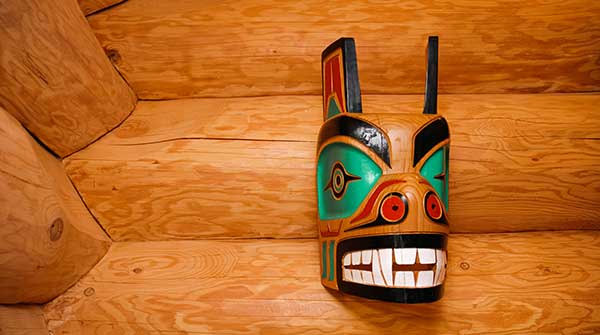Indigenous communities need to be allowed to experiment and innovate through local self-rule and decentralization
 Political attacks on the Indian Act are back in the news, and that is a good thing.
Political attacks on the Indian Act are back in the news, and that is a good thing.
However, Canadian politicians, including First Nation politicians, need a credible plan about what to do before we pull out the champagne.
Attacking the Indian Act is not a big deal for these politicians. First Nation leaders routinely criticize this relic of our distant colonial past, but nothing seems to happen to make their lives better. The Indian Act is, in fact, the Pinata of Indigenous political life in Canada.
Recently, it was Conservative Party Leader Pierre Poilievre’s turn to swing a stick at the Pinata.
“The Indian Act is a disaster. It is a racist, colonial hangover that gives all the control to self-serving, incompetent politicians and bureaucrats and lobbyists in Ottawa and takes away control from the First Nations themselves,” Poilievre told Global News.
Of course, he is correct. Racist? Check. The architects of South Africa’s apartheid regime looked to the Indian Act for inspiration. Colonial? Check. The legislation removed control over political life and took resources away from First Nation communities and placed it in the hands of a colonial elite. Fast forward to now, and those colonial elite are federal bureaucrats.
The last time our politicians discussed a credible plan to repeal the Act was in 1969 with the infamous White Paper. The government of Trudeau père proposed changing the relationship between Indigenous communities and the Canadian state in a fundamental way. Fear of the unknown and justifiable concern over abandoning treaties and collective rights caused First Nations at the time to come together to oppose the proposed changes.
Harold Cardinal, a young but prominent Indigenous leader from Alberta, said it best: “We do not want the Indian Act retained because it is a good piece of legislation. It isn’t. It is discriminatory from start to finish. But it is a lever in our hands and an embarrassment to the government, as it should be. No just society and no society with even pretensions to being just can long tolerate such a piece of legislation, but we would rather continue to live in bondage under the inequitable Indian Act than surrender our sacred rights.”
Cardinal then invited the government to re-write a law with Indigenous help.
Over 50 years later, no government has accepted Cardinal’s offer to revise the Act in any meaningful way. The previous Conservative government was clear in 2012 that they would not repeal the law. At a Crown-First Nations gathering, Prime Minister Stephen Harper said: “Our government has no grand scheme to repeal or unilaterally re-write the Indian Act. After 136 years, that tree has deep roots. Blowing up the stump would just leave a big hole.”
However, it would be incorrect to say First Nations have not moved away from supporting the Act. Harper, in his comments, acknowledged collaborative ways to move away from the Indian Act.
First Nations can now remove themselves from some or even all of the provisions of the Indian Act through self-government agreements and various legislative escapes covering many areas of jurisdiction.
But moving away from the Act in its entirety would be a very big feat. They could attempt if Ottawa can create enough goodwill and political capital with First Nations communities.
Two years ago, I released an ambitious plan (watch the video) to abandon the Indian Act completely over 10 years.
If Poilievre or another politician wants to repeal the Indian Act, it would be helpful to compare the debate with that over the Canada Health Act, which imposes a top-down system that undercuts innovation or reform at the provincial level. Both show how distant bureaucrats are unsuited to making decisions for local communities.
The Indian Act forced First Nations across Canada to adopt the same governance, community membership, and economic restrictions despite a high level of diversity among communities. One idea is to make it easier for First Nations to opt out of provisions in the Act that don’t work for them. Or Ottawa could allow more regional decentralization on policy and service delivery. The principle of subsidiarity holds that every issue should be decided at the lowest level possible, involving all those affected. This should apply to Indigenous communities.
The federal bureaucracy overseeing First Nation communities should loosen its tight grip on Indigenous communities and allow them to experiment and innovate through local self-rule and decentralization. This is the first step on the ways towards abolishing the Indian Act.
Joseph Quesnel is a Senior Research Associate with the Frontier Centre for Public Policy.
For interview requests, click here.
The opinions expressed by our columnists and contributors are theirs alone and do not inherently or expressly reflect the views of our publication.
© Troy Media
Troy Media is an editorial content provider to media outlets and its own hosted community news outlets across Canada.


